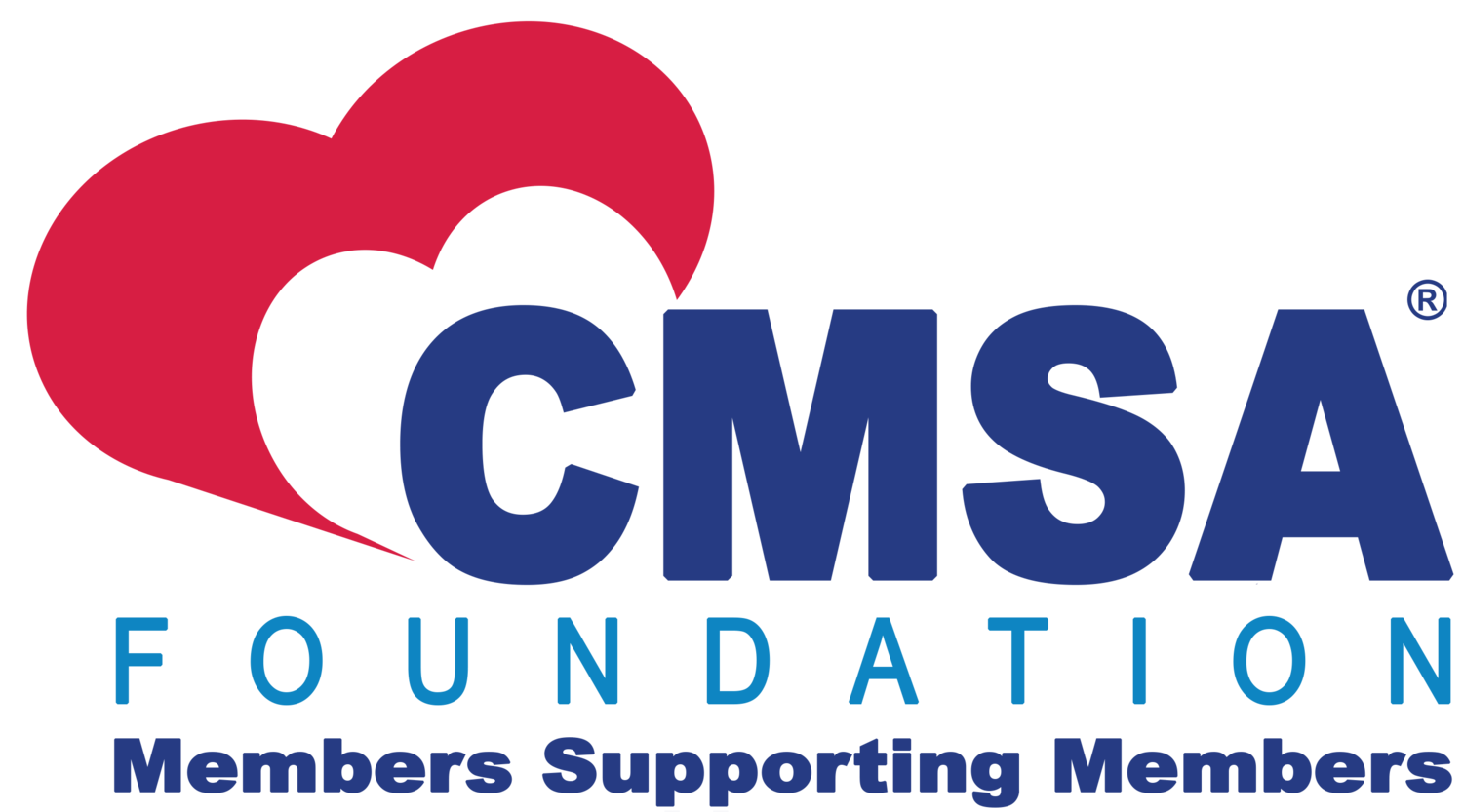2019 CASE MANAGEMENT PRACTICE IMPROVEMENT AWARD
PROJECT TITLE: PATHWAY HOME
RECIPIENT: Coordinated Behavioral Care, Inc
CATEGORY: Mental Illness
ABSTRACT: Coordinated Behavioral Care (CBC) is a non-profit organization comprised of and led by its community-based member organizations, dedicated to improving the quality of care for clients with serious mental illness, chronic health conditions and/or substance use disorders. CBC operates a New York State Medicaid Health Home, overseeing 50 community-based organizations that provide care management to nearly 18,000 enrolled members with serious behavioral and/or medical conditions, as well as several other innovative programs serving New Yorkers.
In 2016, CBC implemented an innovative initiative to improve the quality of services provided during care transitions for adults with serious mental illnesses. The goal of the initiative, known as Pathway Home™ (PH), is to improve the process of reintegrating individuals back into their communities after an extended hospital stay. PH facilitates higher quality care transitions by cultivating clients’ independent living skills and connecting them to community resources designed to provide sustainable support the intervention ends.
Pathway Home was developed by adapting the evidenced-based and time-limited Critical Time Intervention (CTI) model, where multi-disciplinary teams provide intensive services beginning shortly before hospital discharge and continue through a series of three phases for six to nine months, transitioning the client to successful community living. Care teams are comprised of a Team Leader, Licensed Mental Health Clinicians, Case Managers, Nurses and Peers who care for the client holistically with a focus on social determinants of health. Teams address a host of issues faced by clients transitioning to the community including housing, food, economic security, medication adherence, linkage with outpatient providers, family and social isolation.
These teams work to improve the quality of services provided during care transitions by resolving obstacles that prevent client’s access and engagement in outpatient care and facilitating relationships between the client and community supports.
Activities facilitated by the Pathway Home teams to improve transitional care services include:
· Client engagement beginning in the hospital;
· Active involvement in discharge planning with a needs assessment of community transition supports;
· Health education and connection to primary care providers;
· Peer support from individuals with similar lived experiences;
· Short-term counseling;
· Discharge medications and post discharge medication management and reconciliation support;
· Patient navigation by accompanying to first behavioral health and medical appointment, travel training, reengagement in community care, referral to services;
· Linkages and appointments with community providers of outpatient clinics;
· Facilitated enrollment and engagement with Health Home or ACT services;
· Skills-building and engagement which provide clients the motivation to care for their health and learn the skills necessary for success in community housing;
· Use of step-down funds to address social determinants of health and unique needs of clients in a holistic way
· Timely access to Crisis Intervention services once in the community including respite referrals and other diversion and stabilization services; and
· Community reintegration through developing relationships and social networks that provide support, friendship, love, and hope.
RESULTS / OUTCOMES:
A preliminary analysis of Medicaid claims before and after the Pathway Home intervention shows promising results in terms of utilization and potential cost savings. In a sample of 12 clients who successfully completed the PH intervention between 2016 and 2017, 7 out of 12 had a decrease in inpatient hospitalization or Emergency Department (ED) visits comparing claims before and after Pathway Home and 2 had no change. Financial savings were difficult to analyze given the enormous variability in costs for different claims for medication, outpatient appointments and inpatient hospitalizations or emergency department (ED) visits as well as their effect on health outcomes and long-term care costs. However, costs for ED visits and inpatient stays are thought to be more expensive than outpatient services, for example, with an inpatient hospital stay for psychiatric treatment costing upwards of $4,000 depending on the treatment, facility and length of stay.
Furthermore, among the sample there was a 508% increase in medication claims, suggesting improvements in medication possession and adherence. While the exact financial impact of this difference was not analyzed, medication non-adherence contributes to 19% of hospital costs in both admission and patient care related to symptom relapse[2], and adherence and possession has shown to be associated with significant net cost savings. Within the sample, there was also a 406% increase in outpatient behavioral health appointment claims and a 240% increase in outpatient medical claims after the PH program compared with before; visits to outpatient primary care and behavioral health appointments are similarly associated with positive health outcomes and reduced net costs over time.


